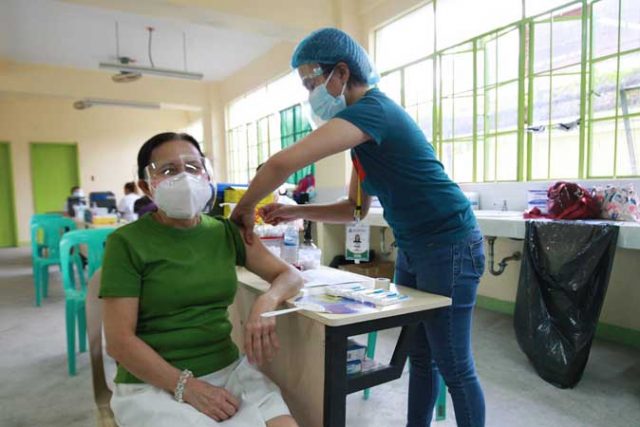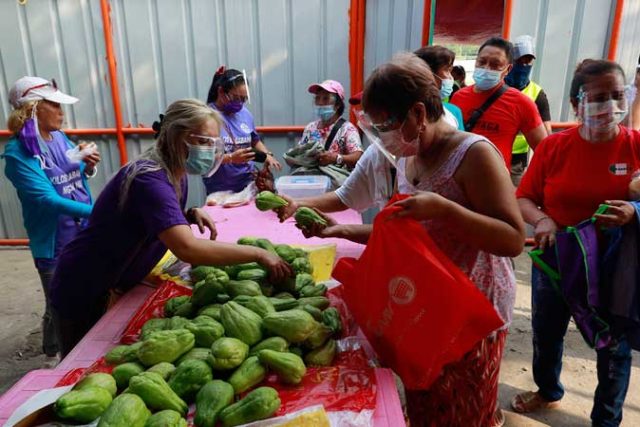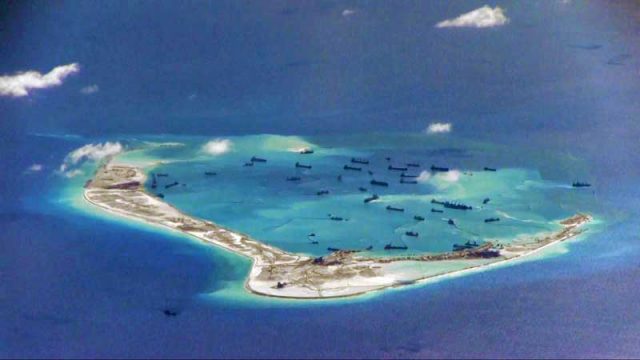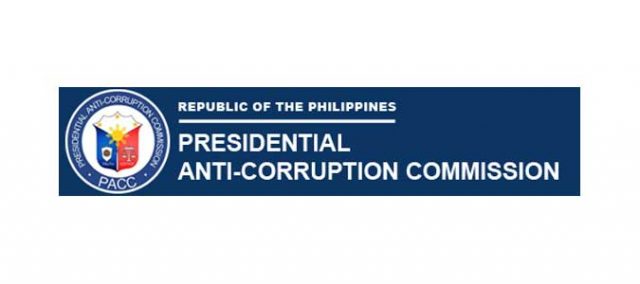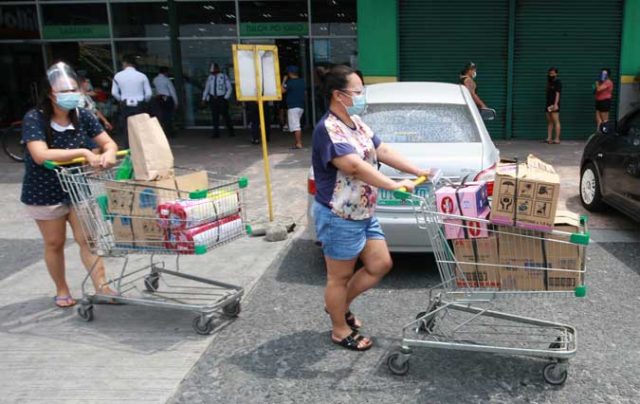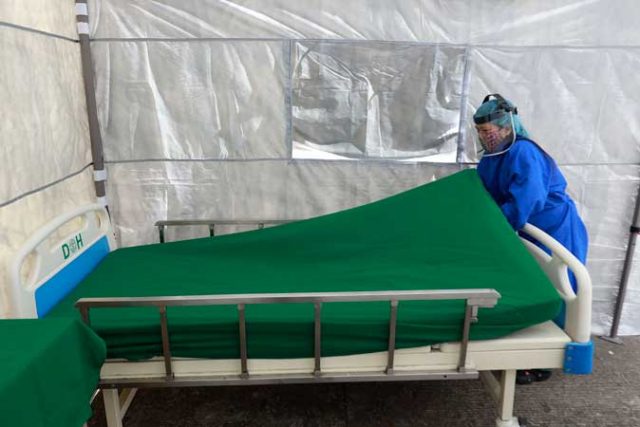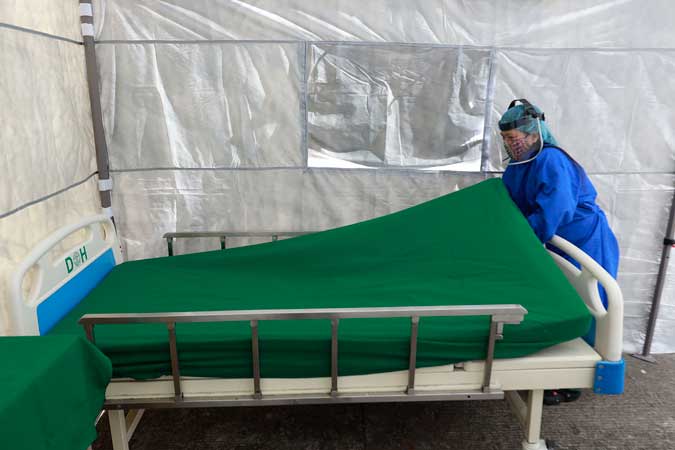NEDA pushes for reopening of economy once virus surge subsides
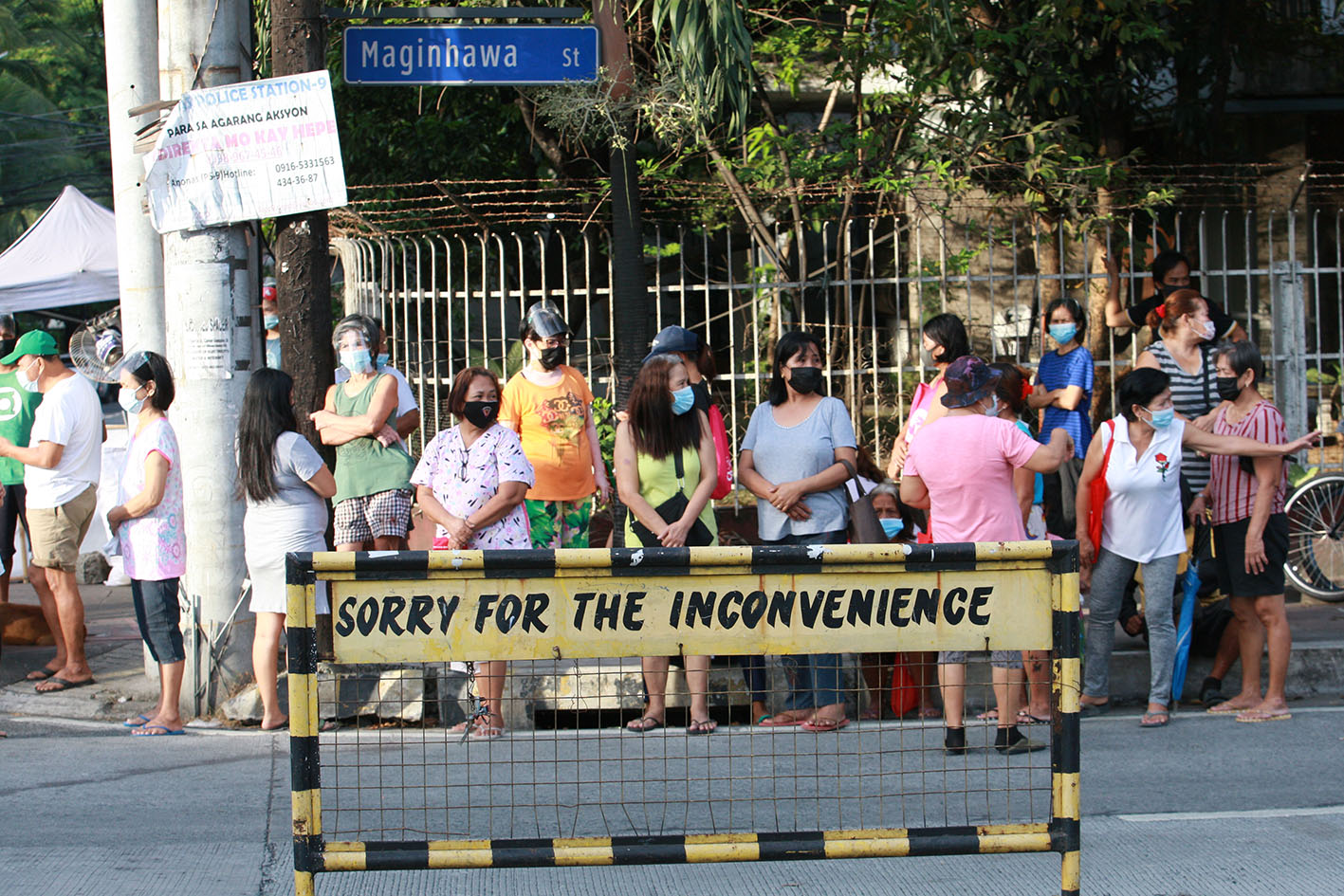
The National Economic and Development Authority (NEDA) said on Saturday there is a need to safely reopen the economy once the surge in coronavirus disease 2019 (COVID-19) infections starts to subside in order to restore jobs.
“To accelerate job creation this year, a three-pronged strategy is advocated. First, the safe reopening of the economy immediately after this present spike, while still strictly adhering to public health protocols and intensifying the ‘prevent, detect, isolate, treat and recover’ strategies,” Socioeconomic Planning Secretary Karl Kendrick T. Chua during the government’s Jobs Summit that was held to mark Labor Day.
Mr. Chua said managing the risks and economic shocks of the coronavirus pandemic is key to improving current labor market conditions.
The number of jobless Filipinos increased to 4.187 million in February from 3.953 million in January, based on latest official data. This is equivalent to 8.8% unemployment rate in February, against the 8.7% recorded the month before.
“To reduce uncertainty due to policy actions in addressing COVID-19, all of us in the government and private sector and the whole country need to rally behind the goal of safely reopening the economy,” NEDA’s Mr. Chua said.
He said the task force handling the government’s pandemic response will remain transparent and use data to support decisions on future quarantine measures.
The second strictest form of lockdown was extended for another two weeks in Metro Manila, Bulacan, Cavite, Laguna and Rizal as COVID-19 cases remain elevated. The government started tightening quarantine measures in the region again in late-March amid surging coronavirus cases.
The Health department on Saturday reported 9,226 new COVID-19 cases, bringing the number of current active COVID-19 cases to 72,248.
In the same forum, Asian Development Bank Country Director for the Philippines Kelly Bird warned that the pandemic’s impact on the economy may leave a longer and lasting adverse effect on the labor market, where wages and employment in the formal sector have yet to be fully restored as the economy recovers.
“This may arise because a slow recovery would lead to diminished productive capacity in lost jobs, some sectors like tourism may take time to recover, businesses may shift to digital technologies, reshaping work, and the pandemic may accelerate the shift to automation. Consequently, job seekers and unemployed workers may be out of work for longer periods and become less employable,” Mr. Bird said
However, the government’s 2021-2022 National Employment Recovery Strategy (NERS), a medium-term plan to create jobs and help in reskilling of workers, should help address the long-term challenges poised by the pandemic, Mr. Bird said.
The executive order (EO) for the NERS was scheduled to be signed during the event but due to time constraints, the actual signing of the order is “to follow soon,” said Trade Secretary Ramon M. Lopez in a Viber message.
A proposed P24-billion wage subsidy program for employees of small businesses is included in the medium-term plan, as it aims to save jobs for one million targeted beneficiaries.
The NERS has a P1.14 trillion budget, which already includes other programs and projects of various government agencies aiming to create more jobs and help in worker reskilling from this year to 2022.
Aside from reopening the economy, NEDA’s Mr. Chua said the government also has to fully implement the recovery package crafted to prop up growth this year. This includes the P4.5-trillion spending plan for 2021, the extended validity of last year’s budget and the P165-billion second stimulus program.
The government has said it is looking for more funds to support a third stimulus package that will not breach the deficit cap equivalent to 8.9% of gross domestic product (GDP) this year.
Mr. Chua said “timely implementation” of the mass vaccination program will also help restore jobs as it will boost consumer confidence and business activities.
The government aims to bring down the unemployment rate to 7-9% this year and in 2022, from 10.2% last year.




